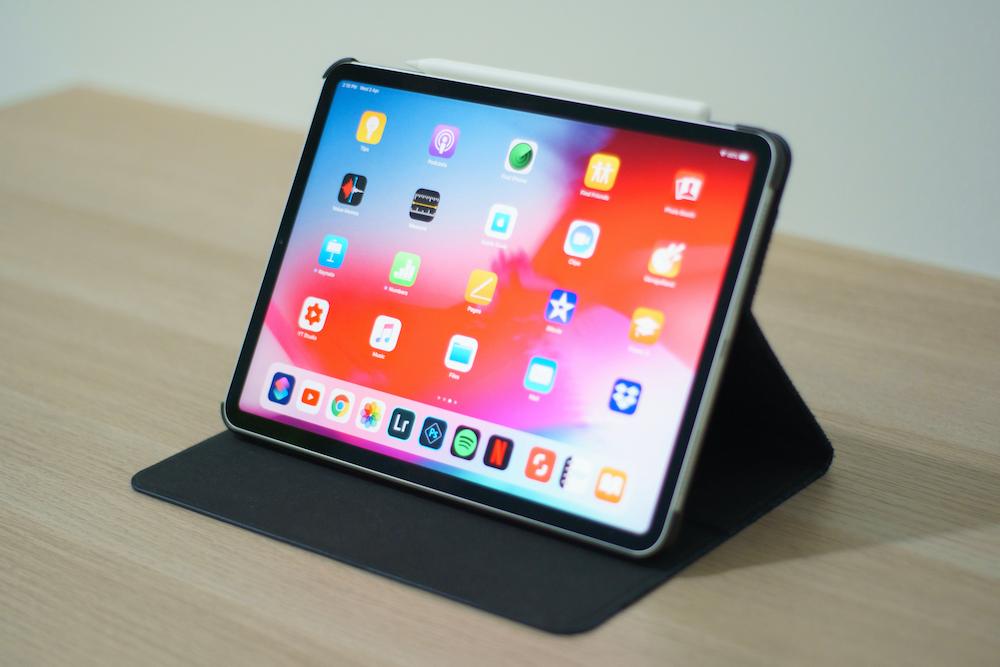Silicone vs. Plastic Phone Case: Pros and Cons
If you’ve just purchased a shiny new smartphone, chances are you’re looking for a phone case.
Two case materials stand out: plastic and silicone. But what are they exactly? More importantly, which one should you choose?
Let’s take a closer look at each material and what their benefits are. At the end, we’ll determine which material might be best for you. So let’s get started!
5 Key Differences Between a Silicon vs. Plastic Phone Case
Let’s take a moment to examine the details of what makes a plastic case, well, plastic. Plastic is a polymer that comes in many varieties. TPU has a soft, flexible texture. Polycarbonate (PC) is a much more rigid and hard plastic. Many cases out there fuse two or more plastic types for a unique combination firm structure and impact absorption.
Silicone is also a polymer but largely made from the element silicon, along with other elements. Silicone has a softer, rubbery texture. Think of those futuristic oven mitts (used because of silicone’s excellent thermal properties).
1. Feel in the hand
As we explored, a silicone vs. plastic phone case both has different textures.
Although plastics come in a wide range, generally, the ones used for phone cases are harder. A silicone case will, therefore, lend a softer touch, which is generally very pleasant. Silicone’s rubbery texture also tends to be very grippy, good for those butterfingers among us.
However, plastic is no slouch in this category either. Many case makers (SaharaCase included) build in special features into their plastic cases, including tactile edges and ridges, adding extra grip and heft to a case that otherwise may be slippery.
The winner: Silicone
2. Durability
Plastic and silicone are generally both extremely durable. That’s why they’re used in everything from microwaves to microchips these days.
Plastic, especially harder plastics, have a tendency to crack or chip when impacted hard enough. However, that’s not always a bad thing for a case. That case crack indicates shock absorption, and it means that the plastic case just sacrificed itself for the sake of your precious phone.
Silicone is also extremely durable. It can bend, twist, and shimmy with no structural damage. However, there is one area where silicone does suffer: cleanliness. Although silicone’s rubbery finish does have its upsides, its downside is that it attracts dirt and grime over time that can be extremely hard to clean. Harder plastic cases tend to be much easier to wipe down to a like-new shine.
The winner: Plastic
3. Protection
There are so many variables to your garden variety phone drop. Did the phone land on a corner, side, or front? Did it land on concrete, dirt, tile, or something else? From how high?
In general, any case worth its salt will lend some protection against drops, but plastic cases tend to fare better.
Why?
For one, plastic cases tend to be built up to be slightly thicker and chunkier than silicone cases, which often come in a single, flat style.
For example, SaharaCase’s plastic options are sleek, but they are heftier than competitor silicone options.
The winner: Plastic
4. Style
Our styles are all different. However, silicone cases tend to be more limited in style selection, as the form factor remains largely the same (a single sheet of silicone molded to fit a specific device). Additionally, the silicone phone case yellows over time, making it appear old and dirty.
Plastic cases are more diverse, ranging from chunky options that fuse multiple types of plastic, to more understated, yet distinctive designs. Also, as we stated, plastic wears the erosion of time much better than silicone does.
The winner: Plastic
5. Green Factor
Many consider silicone to be a much greener material than plastic. No, we’re not talking about the color, we’re talking about environmental friendliness.
Part of that benefit has to do with the way a silicone vs. plastic phone case is made, but it also has to do with the way it’s disposed of.
When burned, plastic releases harmful chemicals that are released into the atmosphere. Silicone combusts with no harmful bi-products, giving it an edge in our more earth-conscious world.
Silicone itself is also extremely common. After all, it is the second most abundant element in the core!
The winner: Silicone
Silicone vs. Plastic: Which Case is Better?
Drum roll, please—plastic wins!
Although silicone does have its place, plastic still reigns supreme as the top choice for case materials.
You’re in luck because SaharaCase has dozens of plastic case options. All part of our signature Protection Kits, we’re ready to wrap your phone or tablet up with an array of engineer-designed protective features.
And, not to be left out of the silicone game, we offer a variety of silicone cases for your Airpods! Check them all out today!


